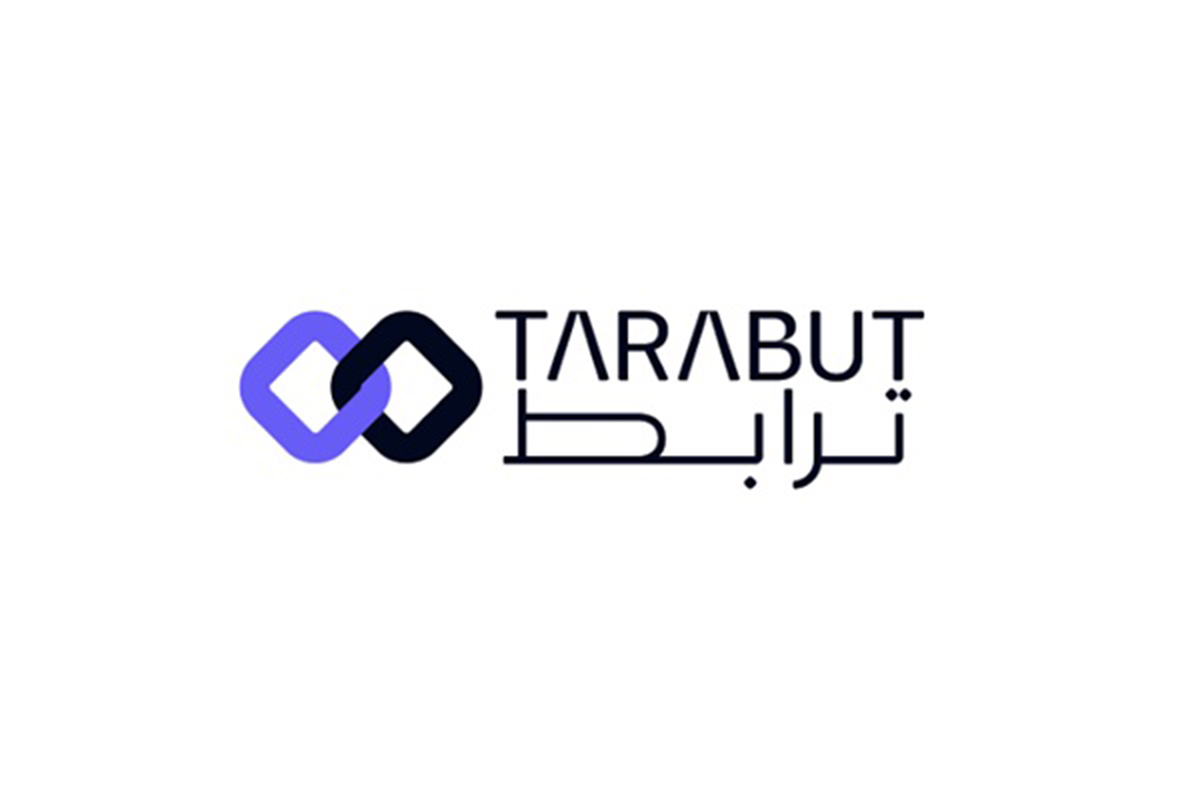Tarabuts Open Finance Platform Secures In-principle Approval From CBUAE

Tarabut, one of MENA’s leading open banking and embedded finance platforms, secured in-principle approval from the Central Bank of the United Arab Emirates (CBUAE) that will help it connect real-time to major banks in the country and deliver faster and secure services and infrastructure.
This follows the introduction of the UAE’s Open Finance regulation and positions the Dubai-based company at the forefront of open finance in the region. It is the third national regulatory license for Tarabut, following Bahrain and Saudi Arabia.
Open finance is a secure way for financial institutions to open their systems to accredited third-party providers. Using customer-consented financial data to build applications and innovative financial services can create solutions that provide retail, SME, and corporate consumers with better ultimate control over their information.
“Ultimately, this system can offer customers greater choice in their financial services, and provide better service value,” CBUAE said on its website.
A recent MarkNtel Advisors research in June this year projected the global open banking market size to reach US$136.13 billion by 2030, growing at a CAGR of 27.6 per cent from US$31.54 billion in 2024.
This growth is driven by the ongoing digital transformation within the banking sector, where both innovative digital banks and traditional institutions are modernising their operations to remain competitive, the research added.
With this approval, Tarabut becomes the first regional fintech to be licensed under open finance frameworks in all three major Gulf economies, underscoring its critical role as the infrastructure layer powering the future of financial services in the region.
Abdulla Almoayed, Founder and CEO of Tarabut, commented: “This is a pivotal step forward for financial inclusion in the UAE and across the region.
“We’re proud to partner with the Central Bank of the UAE to help realise the national vision for Open Finance. Tarabut’s infrastructure delivers real-time, data-driven products – credit cards for the underserved, embedded SME financing, and more, driving real economic value and enabling access where it’s needed most.”
Tarabut’s technology enables regulated financial institutions, lenders, insurers, and digital platforms to leverage customer-permissioned financial data for real-time credit decisions, income verification, and personalised offerings. By embedding these capabilities directly into partner platforms, Tarabut unlocks inclusive, intelligent, and accessible financial services at scale.
Across the region, Tarabut has powered transformative use cases such as credit cards for thin-file customers; revenue-based financing for SMEs; pre-check tools that reduce underwriting costs, and AI-driven financial insights that personalise user journeys.
These solutions support entrepreneurship, reduce credit barriers, and improve financial health for individuals and businesses.
Dubais Magellan Capital Launches Flagship $975m Hedge Fund
Dubai-based manager is opening its absolute return platform to third-party capital for the first time The post Dubai’... Read more
UAEs FAB Posts 22% Jump In Q4 Profit, Beats Estimates
UAE's biggest bank FAB reported a record 2025 profit after strong Q4 results, higher non-interest income and expanding ... Read more
Dubai Unveils $27.2bn DIFC Zabeel District In Landmark Financial Hub Expansion
Dubai unveils $27.2bn DIFC Zabeel District, a landmark expansion set to reshape the city’s financial hub amid global ... Read more
Digital Payments Dominate Saudi Arabia As Cash Use Continues To Decline, Visa Says
Visa research shows 80% of transactions in Saudi Arabia are now digital, highlighting accelerating consumer shift away ... Read more
Saudi Venture Capital Surges 145 Per Cent To $1.72bn In Record 2025
Saudi Arabia leads MENA venture capital for a third year, with 2025 investment reaching $1.72bn across a record 257 dea... Read more
GCC Debt Market Tops $1.1trn As Dollar Issuance Surges – Report
Fitch Ratings says GCC debt capital markets grew 14% in 2025, led by US dollar borrowing and record sukuk activity The ... Read more

